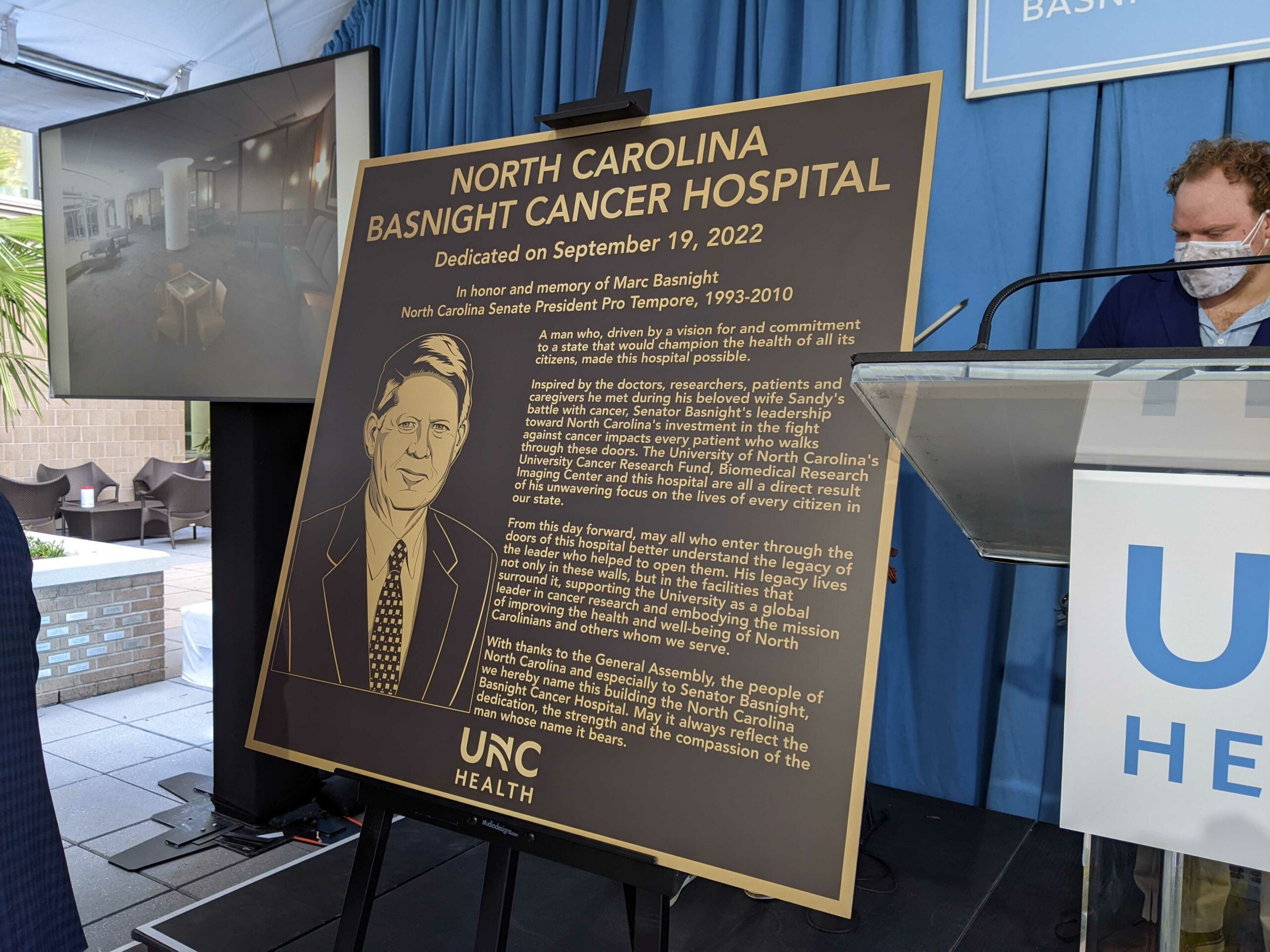“It doesn’t make any difference.”
That seems to be the one thing that TV and other media political prognosticators agree on these days. When the impact of Mitt Romney’s selection of Paul Ryan as his vice presidential candidate is discussed, the end line seems always to be, “of course, as history shows, in the end the vice presidential selection doesn’t make any difference in the outcome.”
In an Associated Press news story a few weeks ago under the headline, “VP pick rarely makes a difference in the race” Josh Lederman summarized the impact of recent running mates:
— 2008: John McCain-Sarah Palin: “…Palin’s public stumbles were not likely what lost McCain the election. Rather, it was the economy, whose bottom fell out under a Republican president’s watch two months before Election Day.”
— 2004: John Kerry-John Edwards: “…Edwards lent a warm, personal appeal to the ticket… But in the end, Edwards played less of a factor in the race’s outcome than the ‘Swiftboat’ attacks that undercut Kerry’s military credentials at a time when the country was embroiled in two wars.”
— 1996: Bob Dole-Jack Kemp: “There may be a lot to be gleaned about Romney’s VP pick from Kemp, a tax-cutting aficionado who counted Paul Ryan among his disciples …. But the economy was still thriving in the mid-1990s, and Clinton’s personal life had yet to implode. Voters may have liked Kemp, but they were content to give Clinton another four years at the helm.”
— 1992: Bill Clinton-Al Gore: “It’s hard to dismiss the boost that Clinton got from picking Gore as his running mate.… Yet their victory in the election may have had less to do with Gore and more to do with Ross Perot, a third-party candidate who split off 19 percent of the vote—much of it from the Republicans.”
The latest polls seem to confirm this conventional wisdom. Ryan’s selection has not given Romney’s candidacy the positive bounce Republicans had hoped. Nor has it hurt the ticket as some Democrats had predicted.
Case closed?
Wait a minute. Or in the words of some pompous prognosticators, “I beg to differ.”
The selection of the vice presidential nominee, in almost every case, makes a big difference, sometimes a decisive one, such as when Lyndon Johnson won Texas for the Kennedy ticket in 1960, and when Walter Mondale delivered Minnesota for Carter in 1976. And as Lederman admitted, “It’s hard to dismiss the boost that Clinton got from picking Gore.” Without Gore’s energy and stability contrasting with Dan Quayle, his Republican counterpart, it is not a certainty that the bad economy and Perot candidacy would have delivered the election to Clinton.
Paul Ryan’s candidacy, notwithstanding the lack of movement in the polls, could be as important as any of the recent vice presidential picks.
Why? Because he can do something that Mitt Romney has not yet done: Tell us what Romney proposes. While Romney talks in generalities and platitudes about his economic plan for the country, Ryan has given more specifics. Then Romney says that is what he really meant.
Romney is a bundle of ambiguities and contradictions and hidden facts. What is his current health plan? His jobs plan? His immigration plan? His real position on abortions? His tax reform plan? What would his tax returns show about his personal approach to saving taxes?
Joseph Smith used a “seer stone” to translate the otherwise unintelligible golden plates into the Book of Mormon.
Smith kept the actual plates safe and away from the view of others. Much like Romney is with his secrets.
For better or worse, Ryan is the “seer stone” who translates Romney’s beliefs, plans, and other secrets into something we can understand.
And if he does, Ryan will make an important difference to voters as they decide who it is that they are voting for or against.




Comments on Chapelboro are moderated according to our Community Guidelines